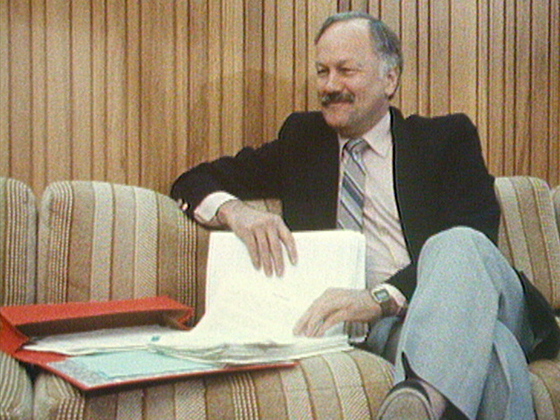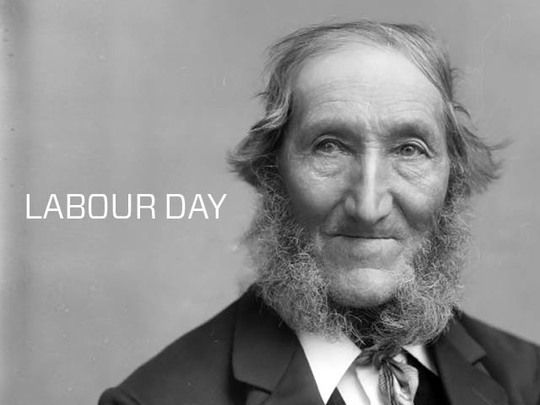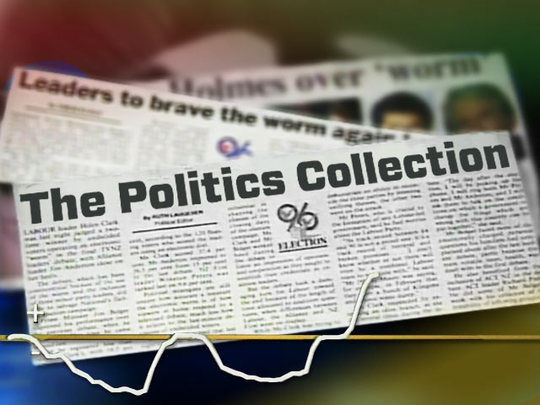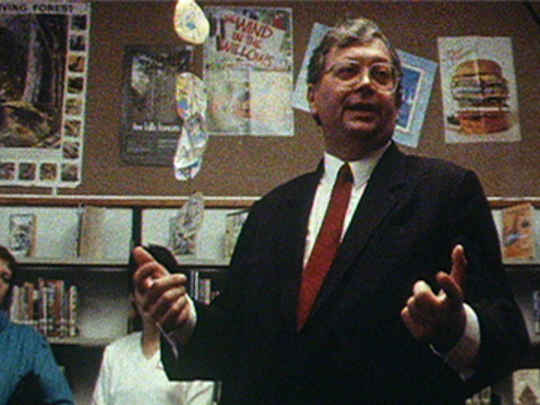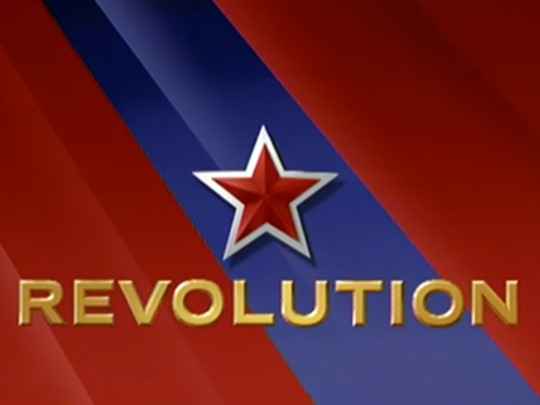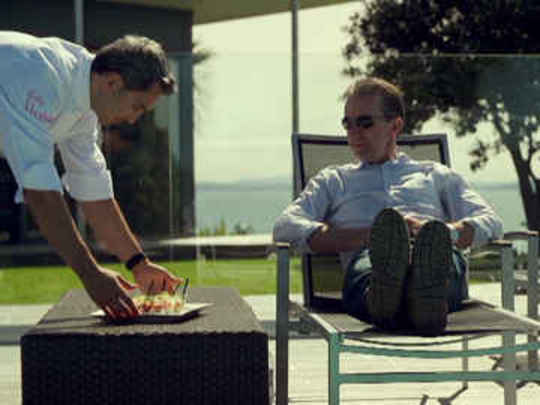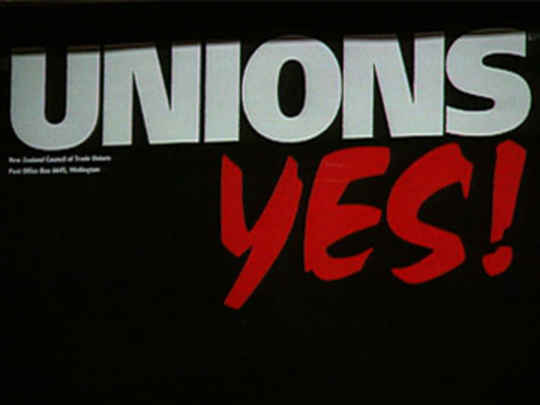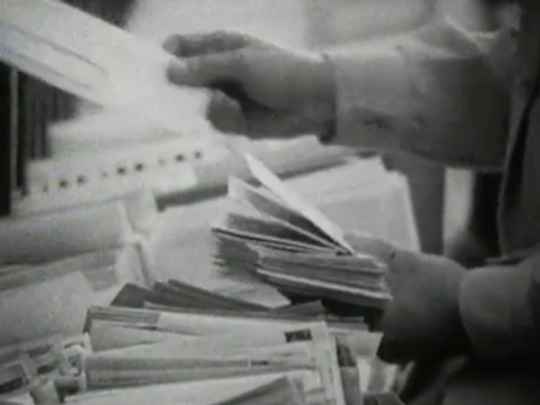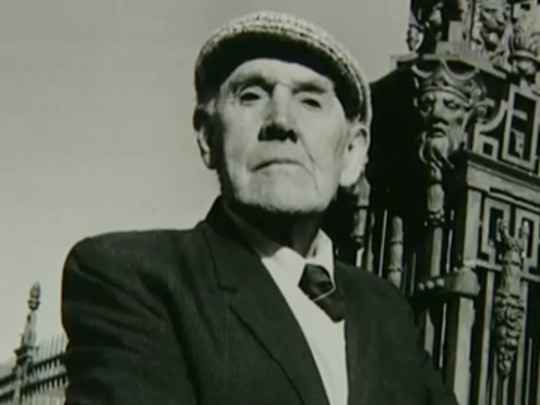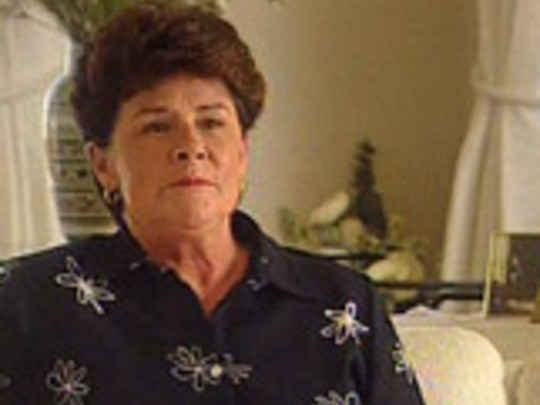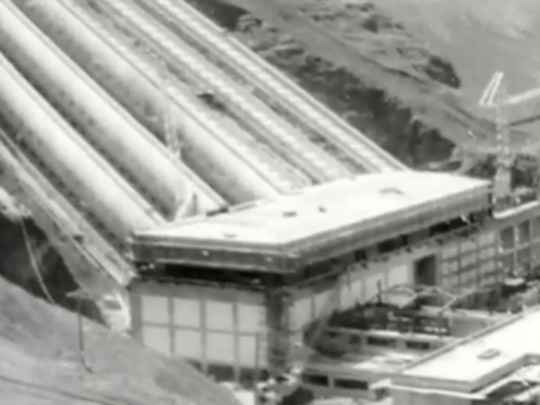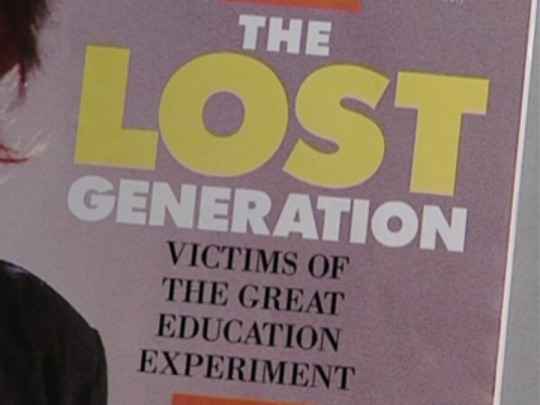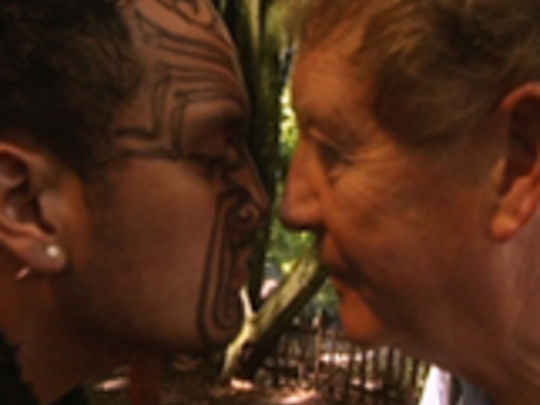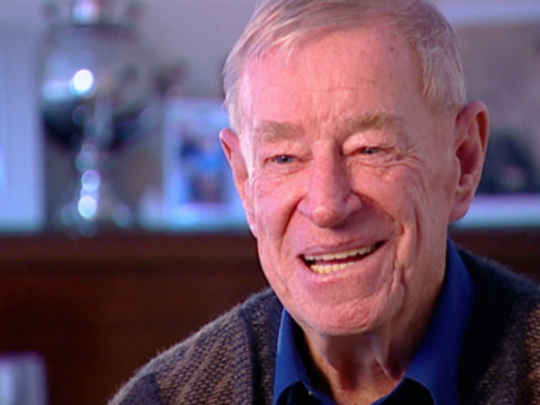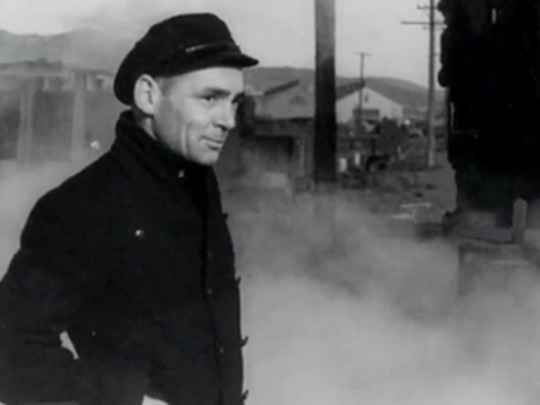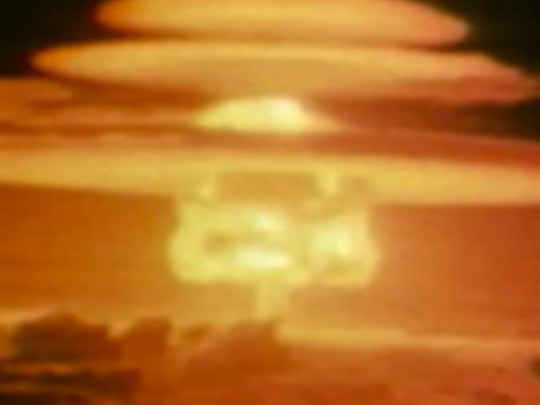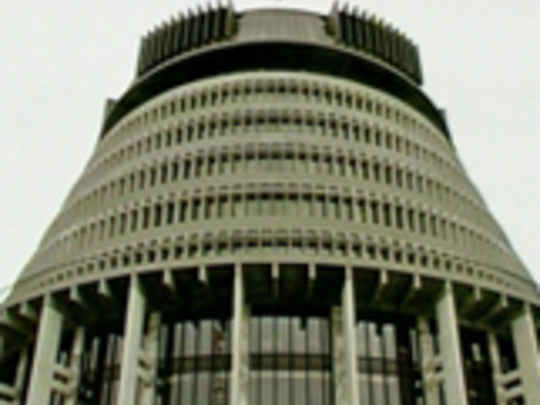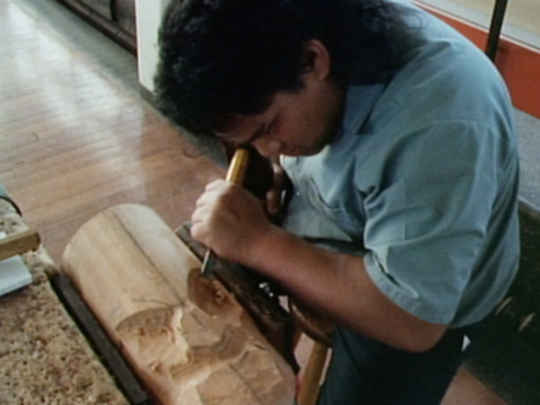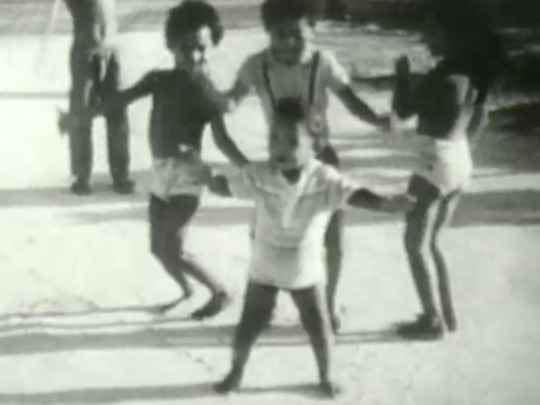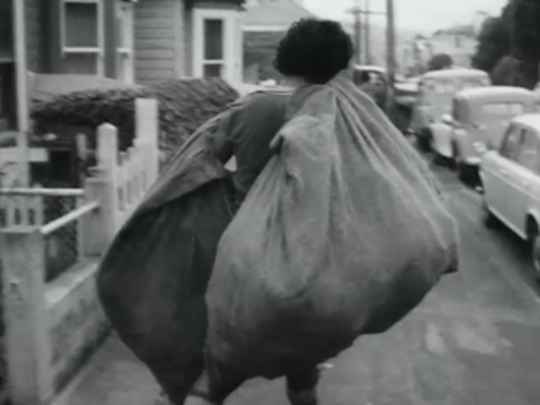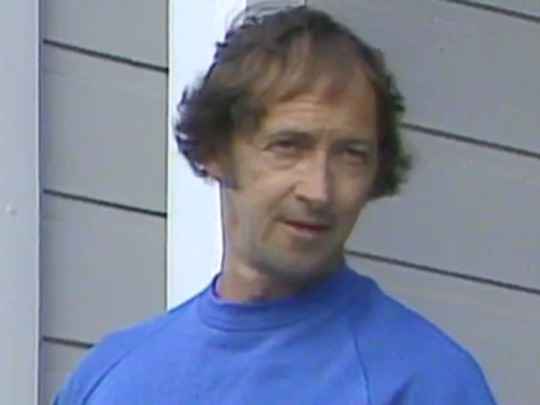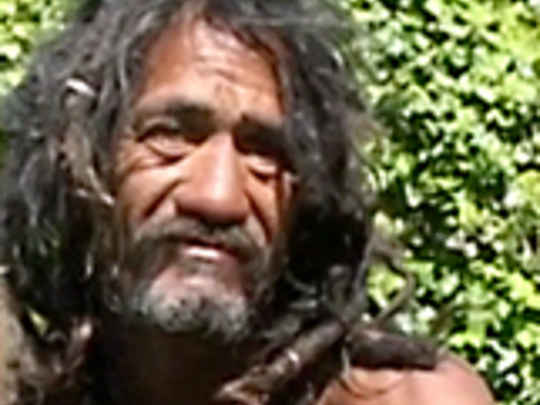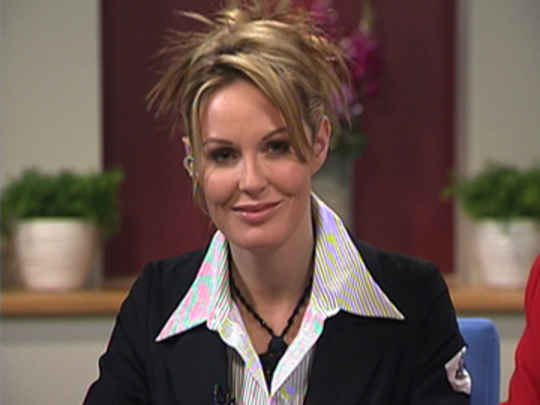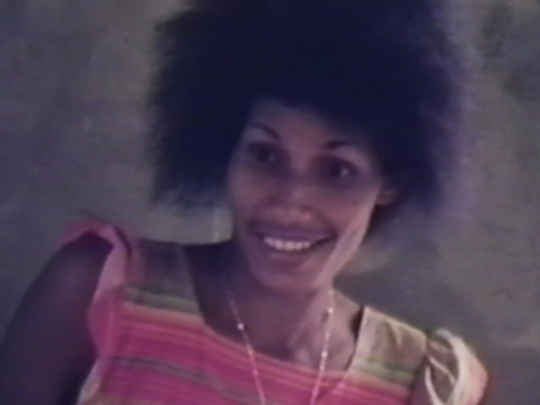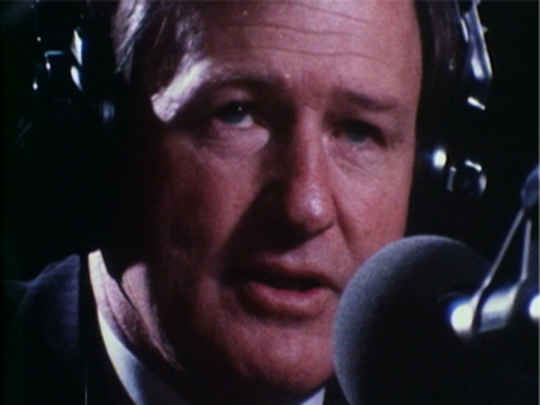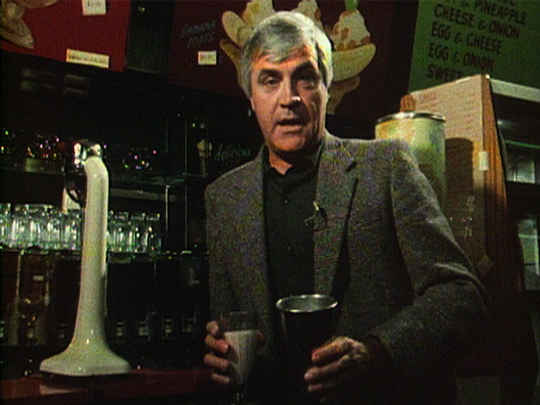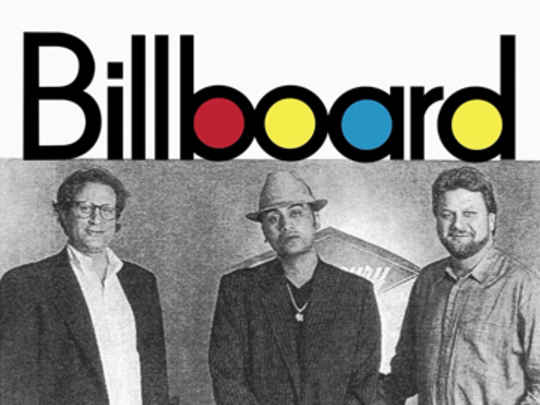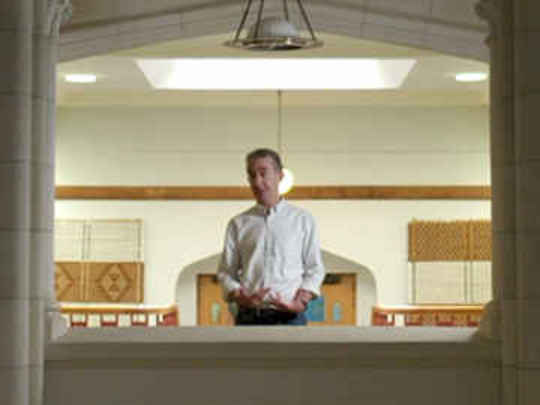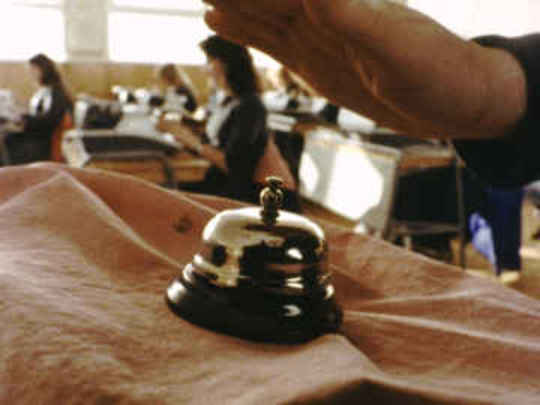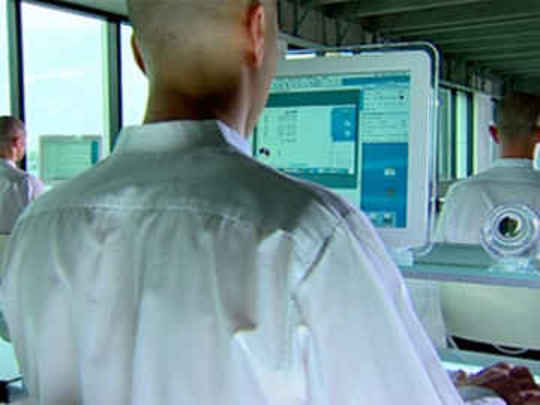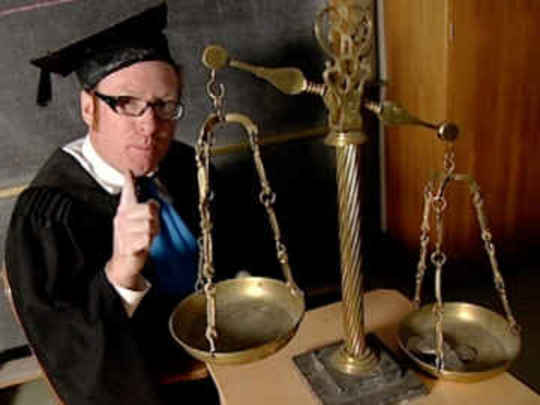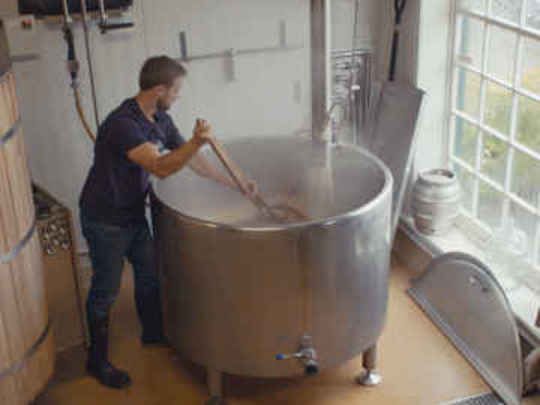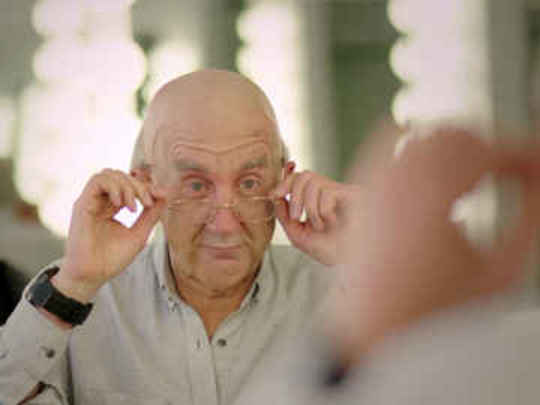In a Land of Plenty
Film (Full Length) – 2002
The Director's Perspective
The surprising success of our feature documentary, Someone Else's Country, at the 1996 New Zealand International Film Festival and the flurry of mail-order vhs sales that followed opened the possibility of a wide New Zealand audience for another feature length documentary about our recent political history. In October 1997 I decided to try to replicate the success of Someone Else's Country with another film aimed at the same audience.
The idea was to make a documentary telling the story of how New Zealand had been transformed from a country with genuine full employment during the decades after the Second World War to an average western economy with a permanent unemployment rate of about five percent.
Television New Zealand was being readied for privatisation during 1997 and the idea that a lengthy documentary about unemployment would interest its programmers was not worth considering. My plan was to develop a script to the point where I could apply for a grant from the Screen Innovation Production Fund and then continue on to complete the film using voluntary help and my own money. When complete, my hope was that the film would screen at the New Zealand Film Festival to large audiences and we would sell a thousand, perhaps two thousand vhs copies.
My interest in unemployment as the subject for a documentary stretched back to the late 1970s. In the summer of 1967/68 as a young student I had gone to the wharf in Gisborne one morning expecting to get a well-paid job loading frozen meat. To my amazement there was a queue stretching for hundreds of metres of other men responding to the same ad calling for perhaps thirty labourers. But it was only a few days before I got a job weeding tomatoes for a Watties' contractor.
That brief economic downturn passed and it wasn't till the mid 1970s that unemployment became a major political issue once more. By 1997 we as a nation had been taught to accept that there would always be 100,000 unemployed. Telling the story of the loss of this defining characteristic of our nation in a documentary seemed a worthwhile project, especially given the prospect of a substantial audience.
The first task was to research the subject and write a script. There were a number of books on the subject of full employment including one called, Full Employment: Whence it Came and Where it Went. It surveyed the theories proposing answers to the question in the title and concluded that it was in fact deliberate government action which best explained the advent of modern unemployment in Godzone.
I was shocked, and so began to study in detail the theory and practice of what is called macroeconomics and the Reserve Bank's monetary policies. Year zero turned out to be 1984 and the policy transformations brought on by finance minister Roger Douglas. What a profound betrayal that the New Zealand Labour Party should deliberately introduce a policy aimed at ensuring tens of thousands of workers were unemployed! Not only were they to be unemployed, but they were to be anxious and if necessary hungry, driven to search for work and in so doing maintain "downward pressure" on the wages of their fellow citizens.
Economists in the Reserve Bank and Treasury wrote papers about the effectiveness of things like "churn" in the ranks of the unemployed. The Labour Department and the Department of Social Welfare were transformed to support the new doctrine. The Employment Contracts Act of 1991 was seen as crucial to refining our new policy of permanent unemployment.
After a couple of years reading and quizzing experts I had a script. With that I was able to search the TVNZ archive's database for possible useful footage and filmed incidents. I selected and interviewed a few key story tellers including the retired head of employment at the Labour Department, a senior policy analyst from Social Welfare and an ex-member of the Board of the Reserve Bank.
The years slipped by and in July 2002 the film premiered in the Paramount Cinema in Wellington at the Film Festival. It was a full house and the film went on to attract large audiences in the other main centres. It toured to provincial towns and cities as part of the Festival including Napier, New Plymouth, Palmerston North and Nelson.
I attended each screening introducing the film and answering questions afterwards with the audience. My wife, Julie, sold vhs copies of the film in the foyers. We also sold vhs copies by mail-order eventually reaching about one thousand five hundred copies. I like to think that these were passed around and perhaps prompted discussion amongst viewers. Copies were ordered by university lecturers and some schools.
When Ian Fraser was head of TVNZ, the film was bought and screened on TV One on a Monday night starting at 10pm. It has also been screened on Maori TV at a more accessible hour. Over the years perhaps a few tens of thousands of kiwis have seen the film and so gained a better understanding of how our democracy really works. For me it has been a successful project.
